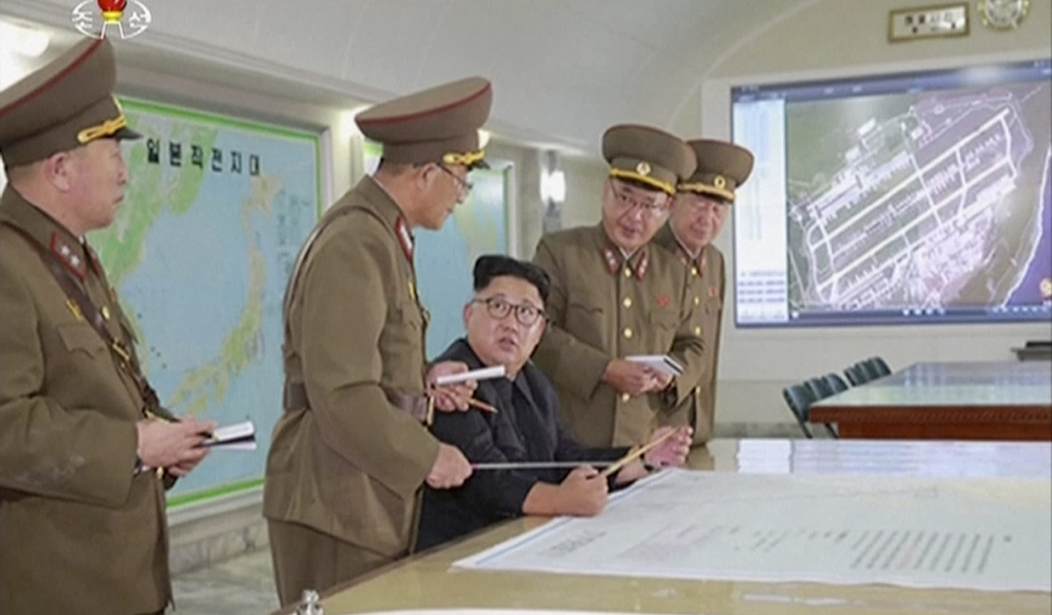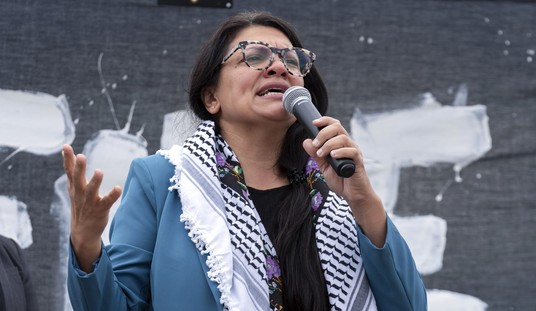WASHINGTON – There are too many experts, pundits and foreign officials comfortable with the idea that North Korea will inevitably secure nuclear capability, Sen. Marco Rubio’s (R-Fla.) former senior advisor on foreign relations said Thursday.
Anthony Ruggiero, now a senior fellow at the Foundation for Defense of Democracies, cautioned against the international community throwing its hands up and accepting that North Korea will never be denuclearized, especially for the message it would send to Iran.
“The message that sends to Iran is that in 10, 20 years, you can have your own nuclear weapons program, too, and this is the path,” Ruggiero, who regularly testifies before Congress, said at the Heritage Foundation. “North Korea is laying out the path. So I think we have to be careful. Who is looking at whom? Is it North Korea’s looking at Iran, or is it Iran looking at North Korea?”
Ruggiero was joined Thursday by two scholars from South Korea and a terrorism financing advisor from the Obama administration.
President Trump is expected to visit South Korea in November, and according to South Korea’s Yonhap news agency he and officials are considering a trip to the demilitarized zone between North Korea and South Korea.
The South Korean experts were asked about the fiery rhetoric Trump has traded with Kim Jong-un. The president has threatened to unleash “fire and fury” on North Korea and has warned Secretary of State Rex Tillerson against “wasting his time” by opening direct lines of communication with Pyongyang. The audience member also noted the president’s proposal to withdraw from the U.S.-South Korea Free Trade Agreement and his decertification of the Iran nuclear deal.
Kim Young-Joon, a senior researcher at the Institute for National Security Strategy in the Republic of Korea, said that he is not worried about Trump “trying new things.” He argued that past attempts to alter North Korea’s behavior have not worked. Using a soccer analogy, he said that not all interested parties can be defenders, while describing Trump as the aggressor and South Korean President Moon Jae-in as the calm defender.
Kim also relayed a message from Moon, following a conversation he had with the South Korean president following his visit to the UN General Assembly in New York. According to Kim, the president said it’s unfortunate the situation on the Korean Peninsula has worsened, and peace and stability are in danger. The president also said that strong language has worried people about the future of peace on the peninsula.
“We must understand no one will benefit from militarized conflict in the peninsula,” the president told Kim, according to his translation.
Elizabeth Rosenburg, who served as Treasury Department advisor under Obama, said that the Trump administration has created a challenging environment for making progress on North Korea, citing the amount of diplomatic posts going unfilled, the power struggle over sanctions between the executive branch and Congress and Trump’s decision to potentially scrap the Iran nuclear deal.
“Whether or not this administration intended to, of course it has fostered this lack of confidence that I have suggested, and in the eyes of President Trump, these may be misreading of his policy and furthermore may have no bearing on the U.S. and South Korea relationship,” she said. “But nevertheless, this engendered anxiety about U.S. commitments internationally, its willingness to scrap multilateral security frameworks and its ultimate aims for its role in the Asia Pacific clearly require attention.”
Lee Hochul, a professor at Incheon National University, called for China and Russia to take a more active role in implementing sanctions against North Korea to ensure better stability in the region.









Join the conversation as a VIP Member